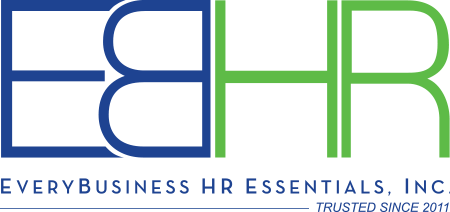With more and more states legalizing medicinal use and recreational marijuana, employers are baffled at how to handle company drug testing rules.
What does the law say?
California was the first state to legalize medical marijuana in 1996 with the Compassionate Use Act, which authorizes medical marijuana use for any physician-approved condition.
Employees and job applicants in California currently have no legal protections for marijuana use, even if it’s recommended by a physician. In 2008, the California Supreme Court ruled that the Compassionate Use Act does not require employers to reasonably accommodate use of medical marijuana by employees. That means employers are not required to accommodate marijuana use on employer property or premises during working hours. Also, it is not a violation to dismiss an employee from employment because of having tested positive for marijuana.
NOTE: Roughly a dozen states that allow medical marijuana do protect employees and/or job applicants from discrimination in some form. Employers with employees in certain states (like Arizona, Arkansas, Connecticut, Delaware, Illinois, Maine, Minnesota, Nevada, New York, Pennsylvania, and Rhode Island) need to be aware that those state medical marijuana use laws do have express anti-discrimination provisions that may require employers to:
- Accommodate medical marijuana use and/or
- Show actual “impairment” as the basis for discipline or termination as opposed to relying solely on a positive drug test.
In 2016, California passed Proposition 64, the Adult Use of Marijuana Act (AUMA), which legalized the recreational use of marijuana by adults. Proposition 64 did not amend, repeal, restrict or preempt the rights and obligations of public or private employers to maintain a drug and alcohol free workplace, or require an employer to accommodate the use of marijuana in the workplace.
Drug Screening
Employers may choose to screen job applicants or current employees for the use of illicit substances as long as they are informed about the policy beforehand.
Employers may also order employees to submit to a drug and/or alcohol screening when the employer has “reasonable suspicion” to believe that employee is under the influence of drugs or alcohol while at a work location, while on the job, or when reporting for duty.
- Reasonable suspicion is based on objective facts and reasonable inference drawn from facts.
- Facts may include characteristics of employee’s appearance, behavior, mannerisms, speech or body odors.
Tips for Crafting a Compliant Drug Testing Policy
- Establish a written policy that prohibits using or being under the influence of drugs or alcohol in the workplace.
- Explain the need for testing.
- Put the drug testing policy in as many places as possible so as to provide all employees with sufficient notice.
- Be as transparent as possible.
- Adhere strictly to the policy so as to lessen the likelihood of discrimination claims.
- Attempt to utilize the least intrusive means of drug testing.
- Utilize a reputable testing laboratory to perform the testing.
- Ensure that whoever conducts the drug test is fully independent of the employer and is properly licensed and qualified to conduct the test.
- If the drug test results are positive, to the detriment of the employee, give the employee the option of being retested at the employer’s expense.
- Keep all test results confidential.
- Keep the test results separate from the employee’s personnel files.
- Be consistent in implementing discipline as a result of a positive drug test.
- Ensure that whenever a drug test is required that there is a compelling business/governmental/public interest justifying that test.
Need to review your drug testing policy?
Give us a call. We can help!
Source: Atkinson, Andelson, Loya, Ruud & Romo Professional Law Corporation

